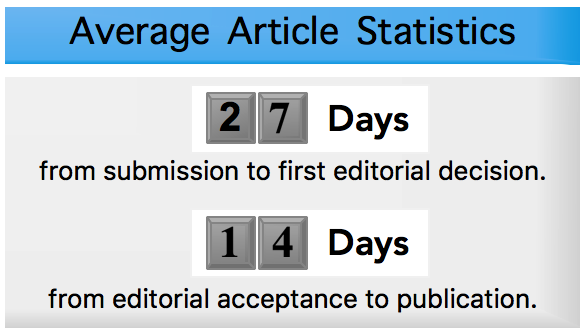Downloads
Abstract
A quantitative assessment of impacts of groundwater abstraction and climate change on groundwater resources in Ca Mau peninsula by using groundwater flow and transportation models is presented. Intensive and uncontrolled groundwater abstraction activities and climate change in research area caused reduction of groundwater level and saline water intrusion in aquifer system. The existing groundwater abstraction was inventoried and the aquifer system is characterized. Seasonally groundwater recharge at present and in future under different scenarios of climate change were calculated using WetSpass software. Groundwater flow and transportation models were set up to assess the impacts of groundwater abstraction and climate change on groundwater resources (the recharge outputs calculated by WetSpass software were used as inputs for these groundwater models). Results show that, due to groundwater abstraction during a period of 2000 to 2010, the groundwater level decrease at the rate of 0.33; 0.31; 1; 0.91; 0.52m/year for aquifers qp3, qp2-3, qp1, n22, n21 and n13, respectively; and since 2004, the yearly change of storage is negative meaning that groundwater resources is under depletion. Under the different scenarios of climate change, the groundwater level in all aquifers decrease at the rate from minimum of 0.016 to maximum of 0.248 m/year; the yearly change of storage of the whole Ca Mau peninsula in 2090 is negative and groundwater resources still under depletion; last but not least, the areas having salt groundwater in all aquifers increased with the rate from minimum of 17.91 to maximum of 100.65 km2/year.
Issue: Vol 1 No 1 (2018)
Page No.: 43-52
Published: Aug 1, 2019
Section: Research article
DOI: https://doi.org/10.15419/stdjet.v1i1.527
Download PDF = 564 times
Total = 564 times

 Open Access
Open Access 








